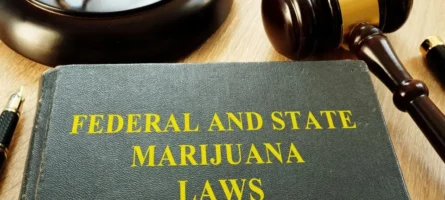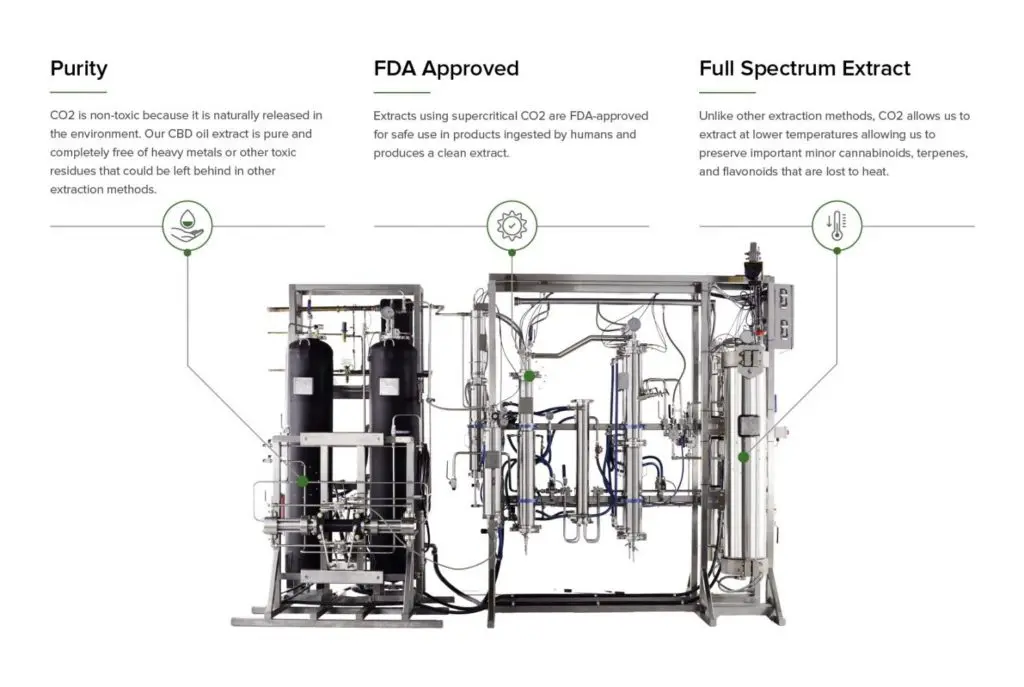Breaking Down the Latest CBD Policy Updates
CBD, or cannabidiol, has become a popular wellness trend in recent years. However, due to its association with cannabis, it is subject to various state and federal regulations. As such, keeping up with the latest CBD policy updates is crucial for both consumers and businesses alike.
Federal Policy Updates
The 2018 Farm Bill
One of the most significant federal policy updates related to CBD was the passing of the 2018 Farm Bill. This legislation removed hemp-derived CBD from the Schedule I controlled substance list, and thus no longer subject to federal prohibition. It also allows for the cultivation and sale of industrial hemp and its derivatives. However, the FDA still rules it as a drug, despite the DEA rescheduling it to a Schedule V substance.
The FDA’s Role in CBD Regulation
Despite the passing of the 2018 Farm Bill, the FDA still retains the responsibility of regulation surrounding the use and sale of CBD products. Currently, only one CBD product, Epidiolex, has been approved by the FDA for prescription use in treating epilepsy. All other CBD products are considered illegal under federal law and are subject to enforcement action if marketed as a dietary supplement or food additive. The FDA’s website describes the federal law situation around CBD.
State Policy Updates
Legalization of Hemp and CBD
Since the 2018 Farm Bill passed, more and more states are legalizing hemp production and CBD products. However, there is still a patchwork of state laws regarding the use and sale of CBD products. Some states prohibit the sale of any form of CBD, while others have a more relaxed approach, allowing for the sale of CBD oils, topicals, and edibles. In fact, some states allow for both recreational and medical use of CBD or medicinal marijuana, which has higher levels of THC, the psychoactive substance found in cannabis.
THC Limits
Some states, however, limit the amount of THC allowable in CBD products. THC is a psychoactive substance, which is why it is still classified as a Schedule I drug under federal law. States such as Kentucky and Tennessee allow for CBD products to contain no more than 0.3% THC, while others, such as Florida and Georgia, have set a limit of 0.5% THC. It’s essential to know the laws in your state if you are buying or selling CBD products.
Testing and Labeling Requirements
Several states also have testing and labeling requirements for CBD products. These requirements help ensure that consumers know what they are purchasing and that products are safe to use. States such as California, for example, require that all hemp-derived CBD products be tested for certain contaminants and pesticides. Other states, such as Oregon, require that CBD products include a QR code or ODA license number that allows consumers to access batch-specific information about their product’s contents.
Conclusion
As the use of CBD products becomes more mainstream, both state and federal regulations will continue to evolve. It’s essential to stay up-to-date on the latest policy updates to ensure that you are using and selling products legally. To stay in compliance, check the latest laws in your state and follow the FDA’s guidance on marketing CBD products.
References:
- https://www.fda.gov/news-events/public-health-focus/fda-regulation-cannabis-and-cannabis-derived-products-including-cannabidiol-cbd
- Is CBD Oil Legal In New Jersey
- Is CBD legal? Here’s what you need to know, according to science
Share:



